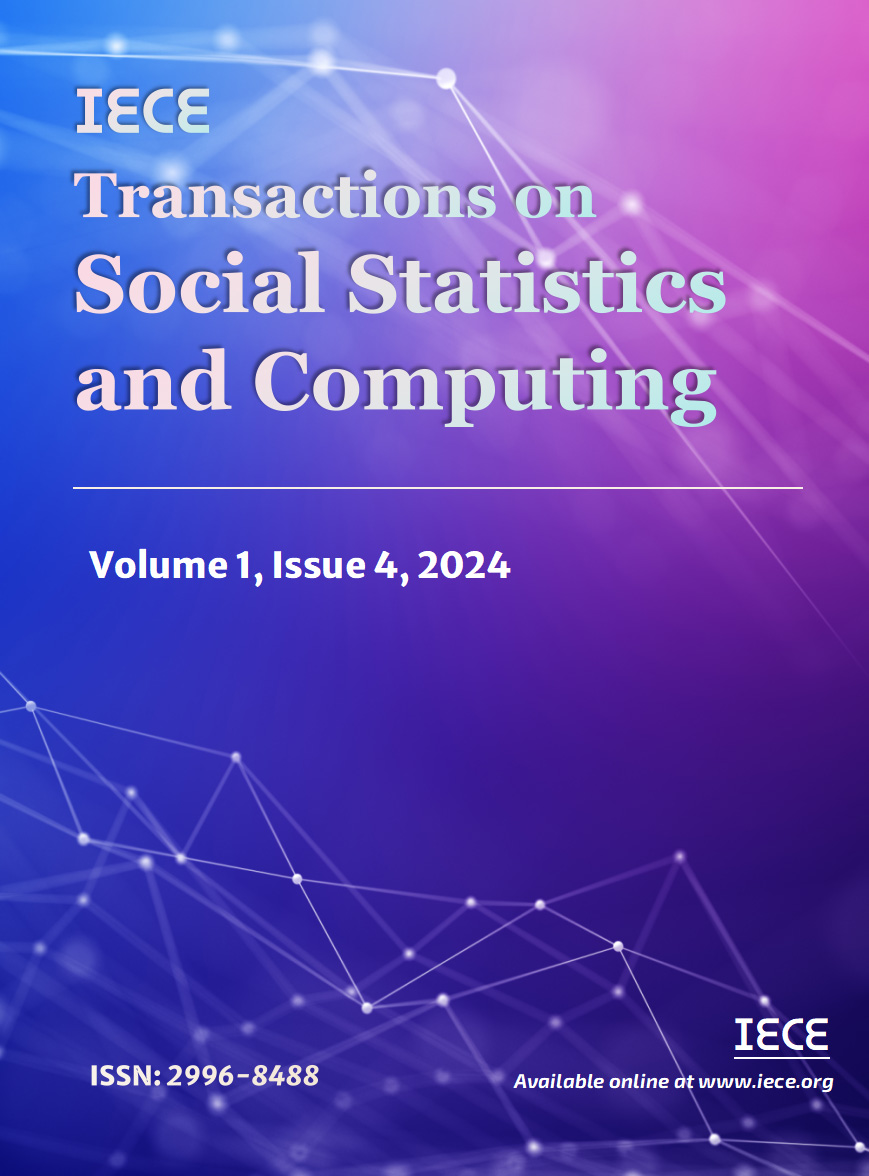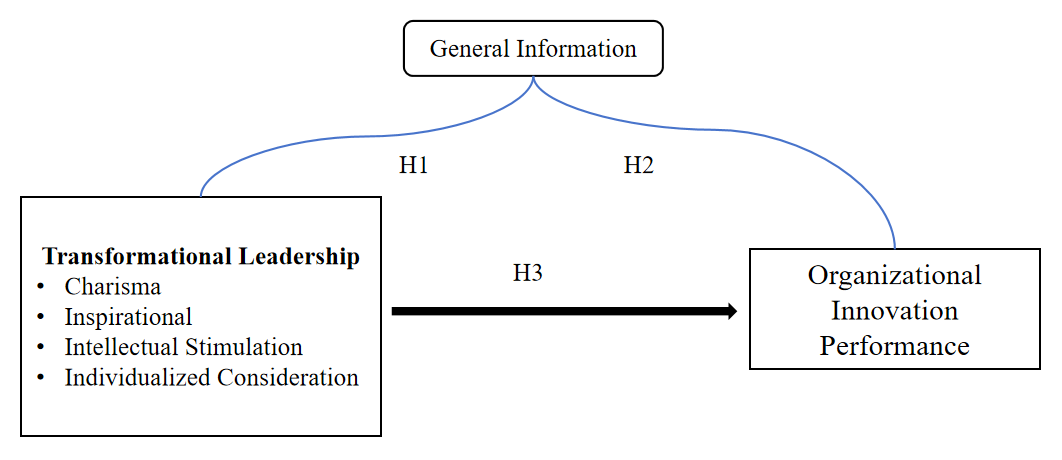Abstract
This study aims to explore the enhancement of corporate innovation and performance by analyzing the internal and external corporate environments and their synergistic effects. It emphasizes the importance of human capital, with a spotlight on leaders as the primary shapers of the internal corporate environment. Drawing from existing literature, a theoretical framework is established to investigate the effects of transformational leadership on organizational innovation outcomes. Through the creation of scales and questionnaires, a survey was conducted at Beijing T Company, and the data was empirically analyzed using regression techniques. The findings indicate that transformational leadership plays a significant role in boosting organizational innovation performance, which is partly influenced by individual characteristics. The research integrates literature review with statistical analysis to uncover the mechanisms and patterns of influence that transformational leadership has on organizational innovation, providing a theoretical foundation that can be applied to other organizational contexts.
Keywords
transformational leadership
organizational innovation performance
social cognitive theory
resource-based theory
Data Availability Statement
Data will be made available on request.
Funding
This work was supported without any funding.
Conflicts of Interest
The authors declare no conflicts of interest.
Ethical Approval and Consent to Participate
Not applicable.
Cite This Article
APA Style
Guo, H., Xiong, J., & Deng, Z. (2024). The Influences of Transformational Leadership on the Organizational Innovation Performance. IECE Transactions on Social Statistics and Computing, 1(4), 105–122. https://doi.org/10.62762/TSSC.2024.300794
Publisher's Note
IECE stays neutral with regard to jurisdictional claims in published maps and institutional affiliations.
Rights and permissions
Institute of Emerging and Computer Engineers (IECE) or its licensor (e.g. a society or other partner) holds exclusive rights to this article under a publishing agreement with the author(s) or other rightsholder(s); author self-archiving of the accepted manuscript version of this article is solely governed by the terms of such publishing agreement and applicable law.


 Submit Manuscript
Edit a Special Issue
Submit Manuscript
Edit a Special Issue

